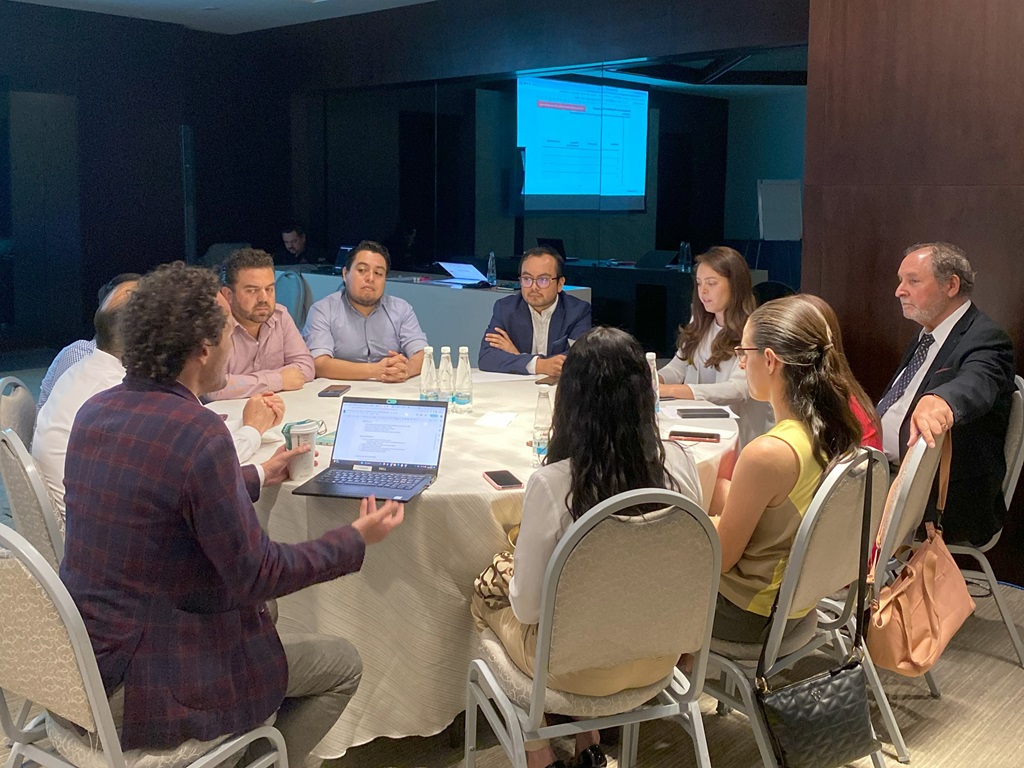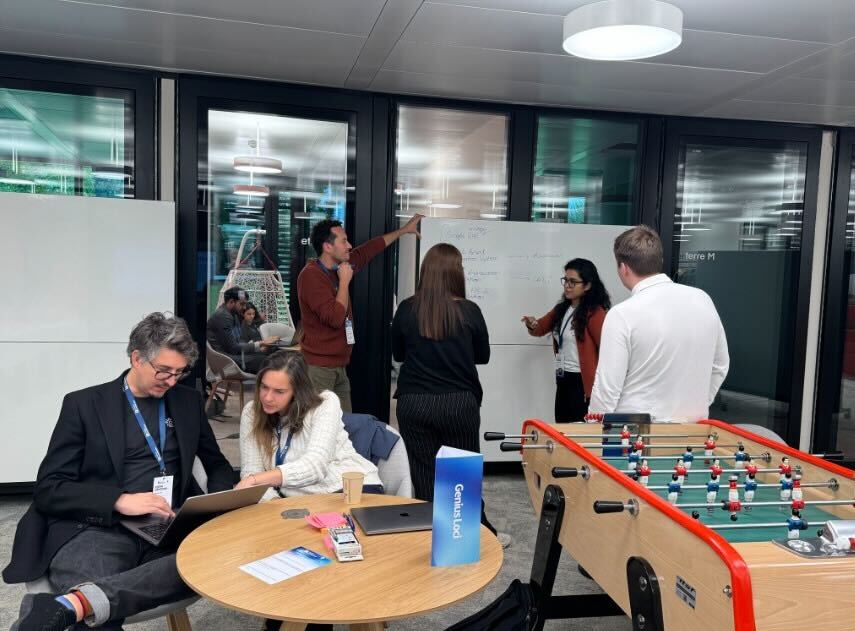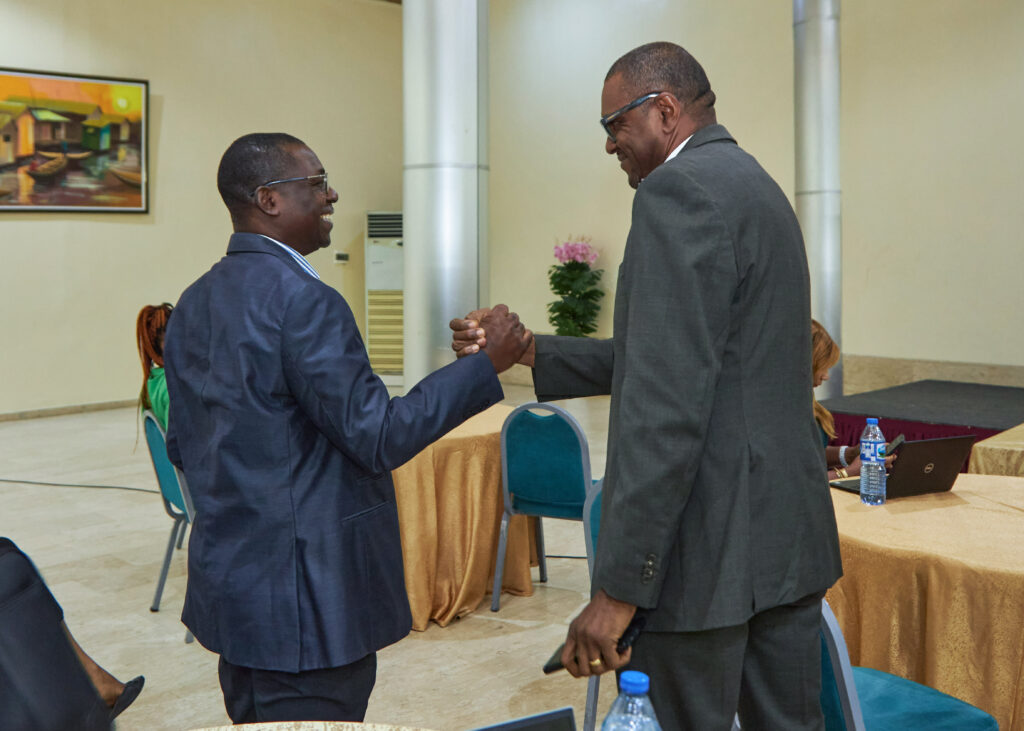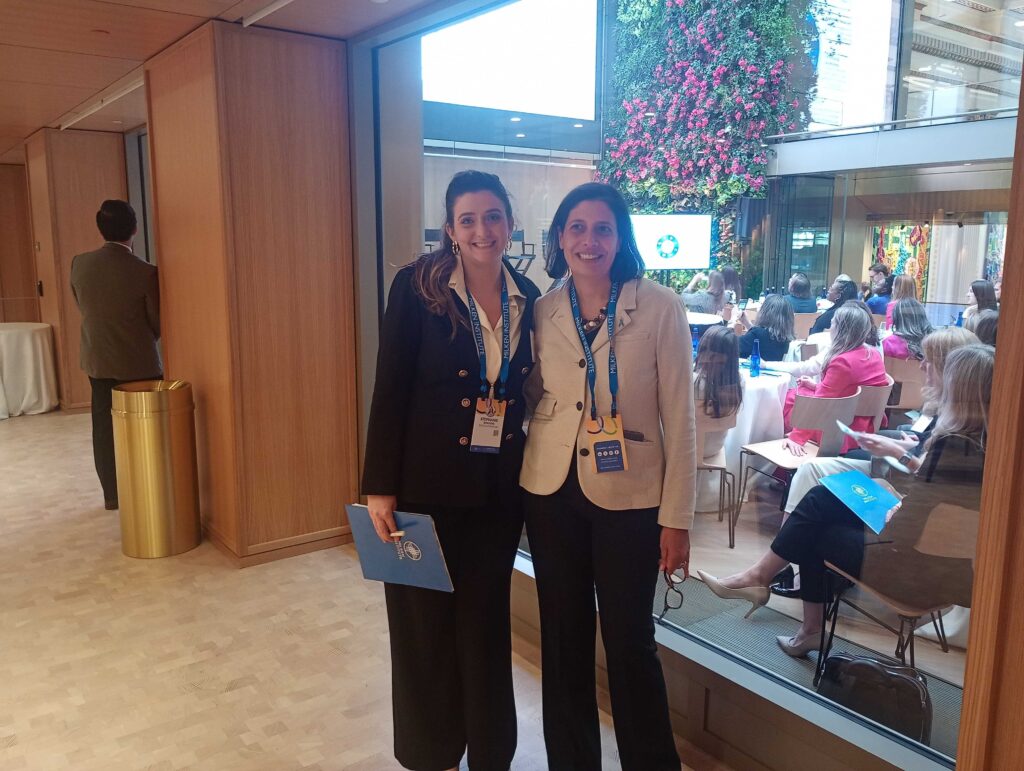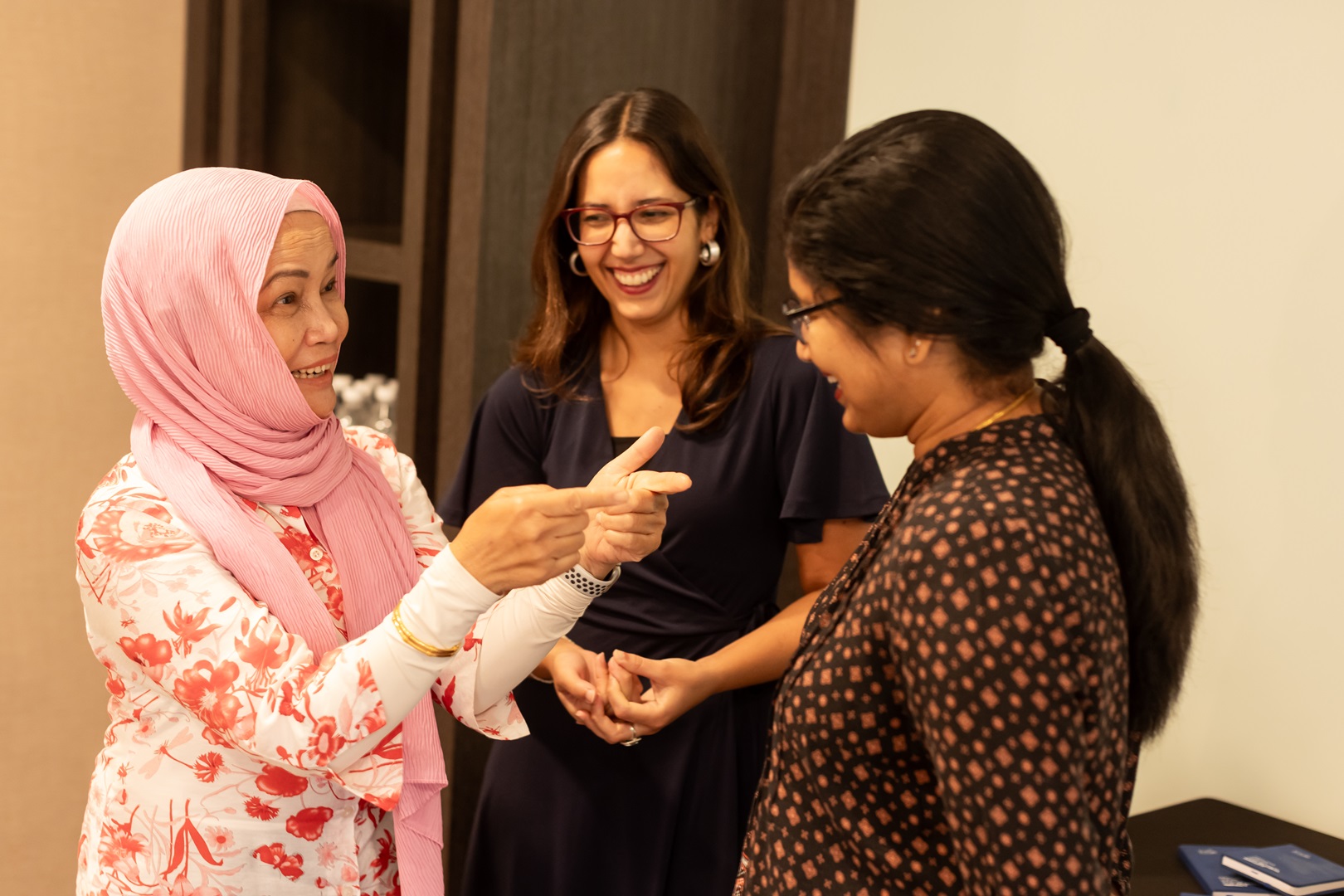
With the complexities involved in diagnosing and treating a disease like cancer, localisation and capacity development is crucial to building solutions that improve access and quality of care. C/Can works closely with local stakeholders to support them in the design, development, and implementation of context- and resource-adapted cancer care projects. The solutions are co-created , leveraging local capacities, resources, and expertise to respond to the needs of the health sector. This ensures they are robust, sustainable and scalable to other parts of the country.
Working across our network, we know that local experts are the key to cities driving change in cancer care. Supporting communities to strengthen their leadership skills is an integral part of our methodology.
said Catalina Muller, Capacity Development Manager for C/Can.
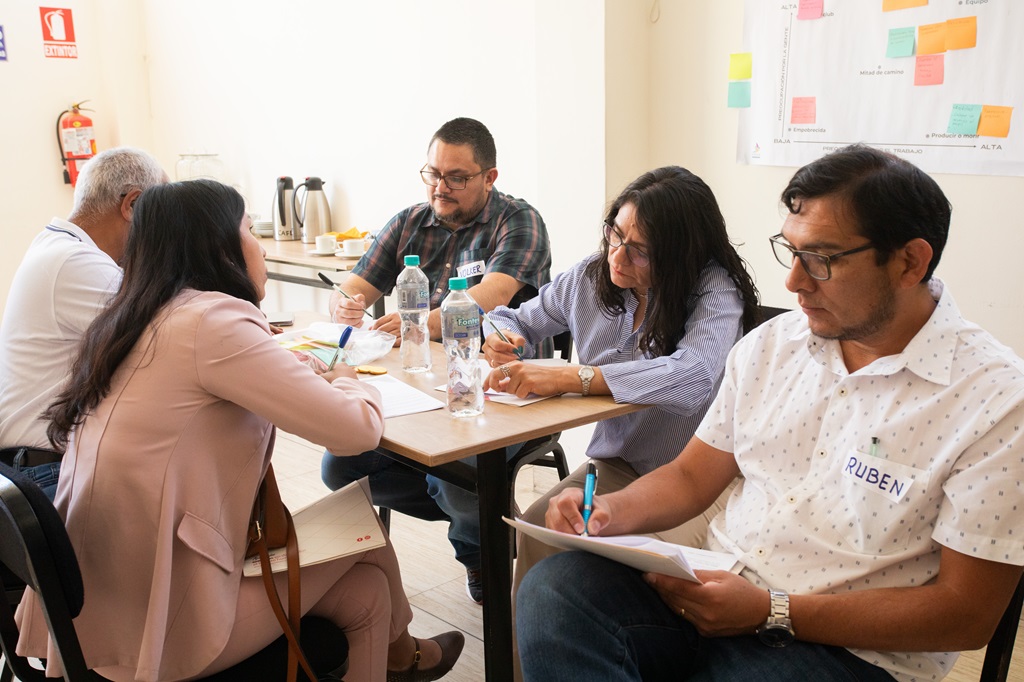
Three leadership workshops were held for C/Can technical working groups and committees in 2023 in Arequipa (Peru), Greater Petaling (Malaysia) and Leon (Mexico). The training focussed on strengthening project management skills, conflict resolution and on developing a leadership mindset, each facilitated by local training providers.
I benefited from training as I learnt how to recognise the qualities that a leader needs to achieve goals and projects with their team.
A training participant from Leon, Mexico.
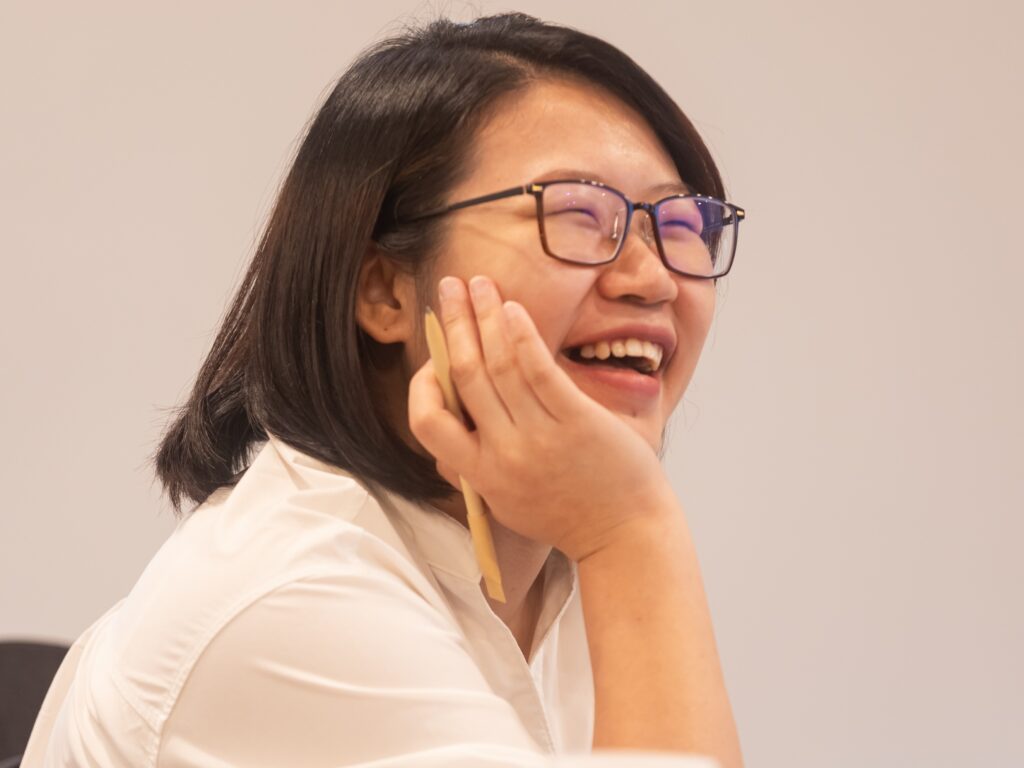
Between 2022 and 2023, C/Can facilitated the first Leadership Programme for Women in Oncology (LPWO), a leadership development initiative for mid-career women oncologists from C/Can cities. The participants had the opportunity to attend the World Cancer Congress in Geneva, the ASCO conference in Chicago, and participate in several discussions with high-level representatives from the international cancer care community. The programme culminated in a year-long mentorship in which each participant was paired with ASCO alumni working in a similar field and Roche female General Managers from the same country.
Dr Suniza Jamaris, Consultant, General Surgeon, and Breast Oncoplastic Surgeon, University Malaya Medical Centre (UMMC) and University Malaya Specialist Centre (UMSC) said
To become a leader, one must have strong verbal and nonverbal communication skills in order to effectively convey ideas and inspire others. LPWO has emphasised the value of diversity and taught me to be more aware of differences in backgrounds, cultures, experiences, and perspectives.
The LPWO programme was jointly hosted with the American Society for Clinical Oncology (ASCO) and there will be a call for applications for a new cohort later in 2024.
C/Can would like to thank Roche, Astellas and MSD for their commitment to developing leadership skills.
